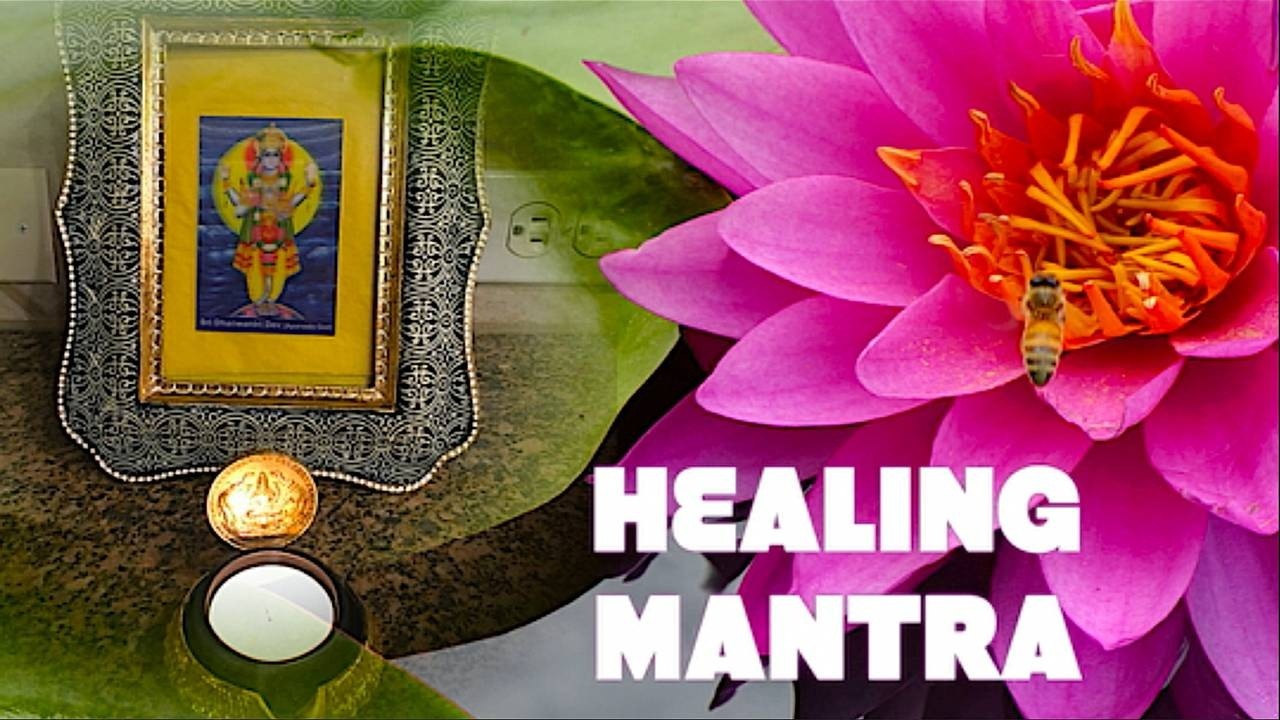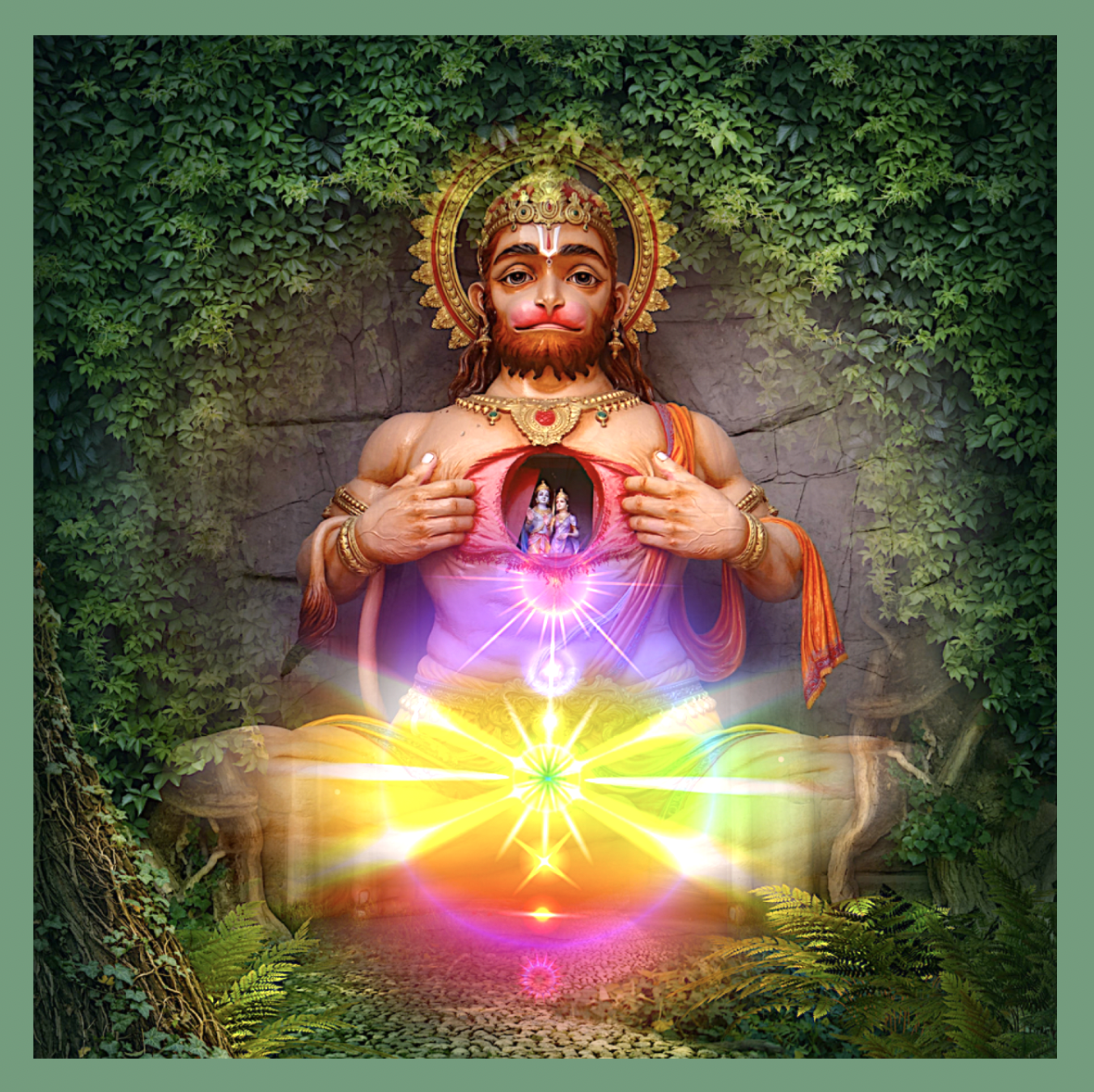Learn A Mantra For Healing

We can use any mantra for healing. However, understanding a mantra and, more importantly, cultivating a relationship with the power or intelligence behind the mantra can further the healing process.
Where does one begin with mantras and healing?
One way is to invoke the God of Healing: Dhanvantari.
Here are two variations:
om namo dhanvantaraye
or
om dhanvantaraye namaha
Learn more about sacred sound
In the video below, I share the pronunciation for this mantra for healing along with some chanting and other information.
Below the video, you will find reflections to help deepen your mantra practice around healing along with some questions for journaling.
Click the play button on the video below:
Questions for journaling and reflection:
When we need healing, we follow directions. What's the mantra for healing, we ask. Someone gives us a mantra, and we say it with faith.
What is it then that heals us: our faith or the mantra? Is the mantra a vehicle for our faith? Or is our faith enhanced by the recitation of the mantra? Or is it both?
If the mantra works, we might hold onto it as a panacea. If it doesn't, we just drop it. Perhaps we decide that mantras are of no use.
The curious student, or a teacher of mantra, might want to look a bit deeper. For instance, we might want to look within to ask whether you connect with "God of Healing" in the Indian spiritual tradition.
Perhaps the mantra is not working for our healing because we lack a connection to this deity. So who is this "God of Healing."
The God Dhanvantari, who is celebrated in Ayurveda, the ancient Indian system of medicine, was also the king of Benaras, the holy city. In mythology, he arose out of a cosmic ocean of milk. So who are we invoking: a king or a mythical figure?
Students of mantra today may not compare one tradition to another. However, here is one comparison.
In ancient Greece, it was Asclepius who was the God of healing. And it was a centaur, a mythical creature, who taught him the art of healing. So who does one invoke: Asclepius, the God of Healing, or Chiron, the centaur who taught him the secrets?
The etymology of Sanskrit words fascinates me. For example, what does "dhanvantari" mean, literally? One meaning is "moves in an arc." Another is a bow, as in "dhanurāsana," the bow pose in yoga.
So we might interpret healing as a force directed towards something specific and that this mysterious force moves in an arc, that is, not in a straightforward manner.
In the Hindu tradition, Dhanvantari is the "physician of the Gods." So what's good enough for the divine beings is good enough for me.
I connect deeply to the Hindu spiritual tradition and not to the Greek. Therefore, I not only use the Dhanvantari mantra but many other mantras from the Indian spiritual, as well. I use a lot of mantras every day. Rather than say it is this or that mantra that heals, I use the category of mantras to work with various conditions that require healing, either in myself or in my students.
Ask yourself what it is about a mantra that heals? How are you using the mantra to heal yourself? When you offer a mantra to someone else for their healing, do you know what you are doing? How confident do you feel about healing with mantras?





